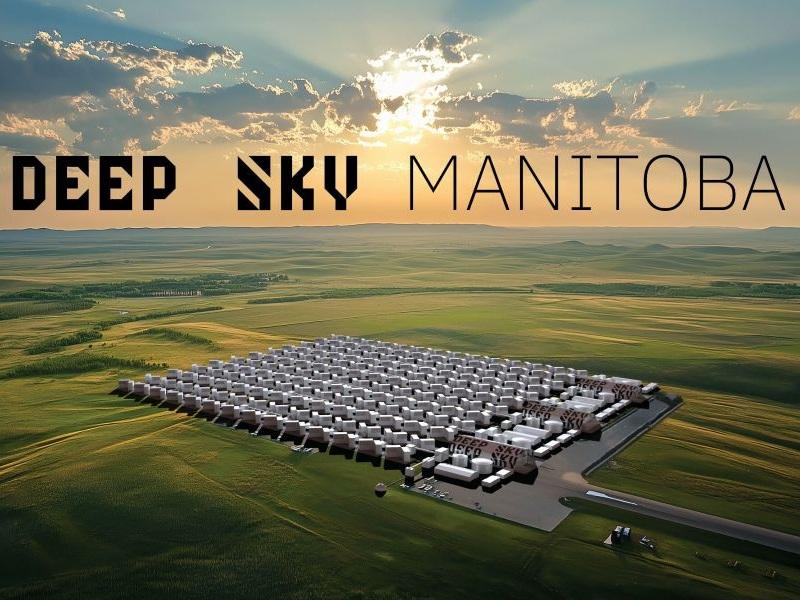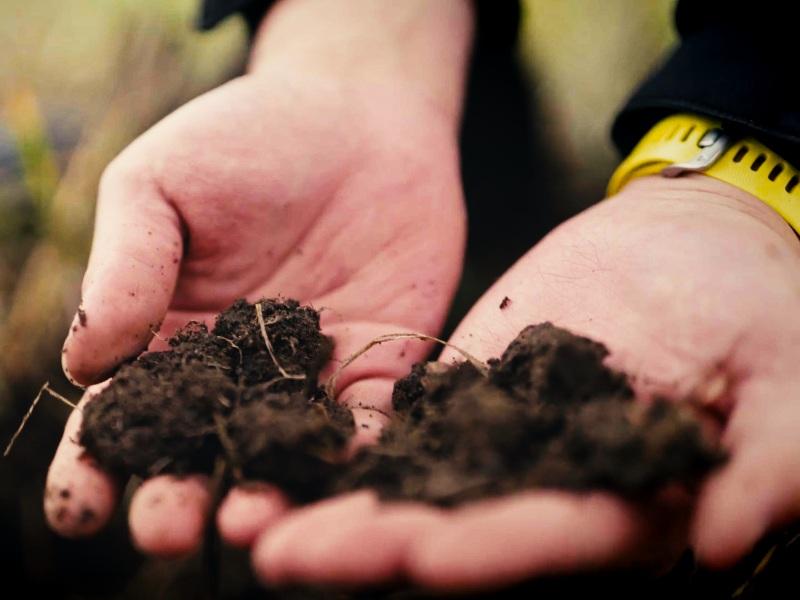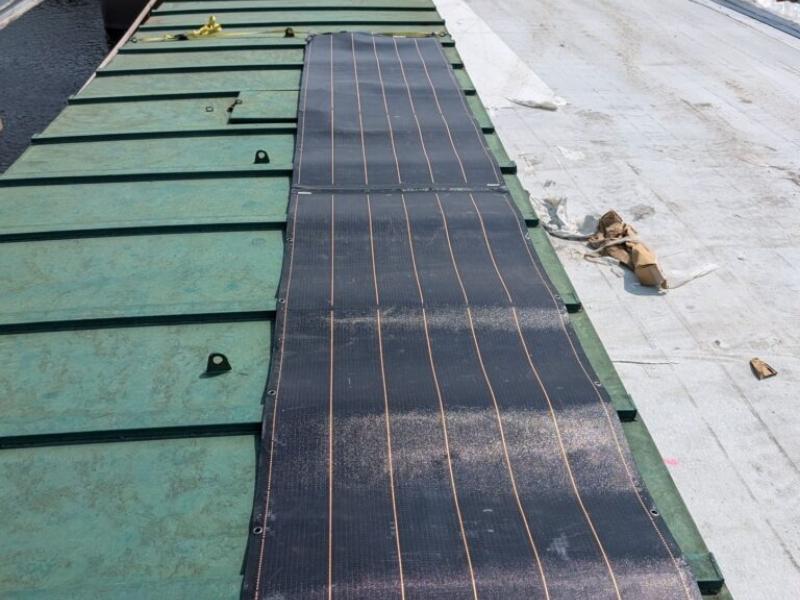
SOFIAC, a Montreal investment fund focused on building decarbonization, is taking on its first project in the dairy industry with a $10-million investment into two Quebec facilities owned by Lactalis Canada.
Known for its milk, butter, yogurt and cheese brands, Lactalis manufacturing facilities in Victoriaville and Laverlochère will be upgraded with the addition of heat recovery equipment, and will switch its milk dryers to electrical power from propane.
Once complete, per year energy consumption at the two sites is expected to be cut by 11 per cent and greenhouse gas emissions lowered by 5,600 tonnes or 28 per cent — the latter equivalent to taking 1,700 cars off the road.
“So we save energy, we monetize with the energy rates. So these are dollars that they don’t have to spend,” Michel Methot, vice-president of operations and projects at SOFIAC, said about the model underpinning the investment.
Co-founded and jointly managed by Econoler and Fondaction, with funds raised from the Canada Infrastructure Bank, Fiera Private Debt and Desjardins Global Asset Management, SOFIAC has approximately $200 million in funds to deploy toward decarbonization.
Heat recovery, electrified dryers
At the Lactalis facilities, milk is pasteurized with large volumes of hot water to eliminate harmful bacteria. With the upgrade, the heat will be captured and stored in a hot water tanker, where it can be used later to sanitize the facility.
“We recycle the heat from the process” rather than dispose of a valuable, energy-rich source in the sewer, Methot said.
Converting the dryers that turn milk into a powder form is impactful because Quebec’s grid is almost entirely sourced from hydroelectricity.
Under its turnkey financing mode, SOFIAC’s clients do not put up any upfront investment. Rather, SOFIAC will finance the upgrades and take an 85 per cent share of the energy savings, which will go to reimbursing the debt over 15 years, Methot said.
SOFIAC operates under a “moderate expectation” for a return rate of seven per cent, he added, and a share of the savings also go to the client.
The discussions between SOFIAC and Lactalis for the project began in late 2022 to early 2023, Methot said. Development on the project started in January, with most of the installation expected to be delivered by Q1 2026.
The partnership between the two organizations could be expanded to three additional Lactalis facilities in Ontario, Methot said. The dairy company has 20 manufacturing sites in Canada.
Lactalis's sustainability efforts
Toronto-based Lactalis Canada is a branch of its French parent company Lactalis Group, and says it sources more than 2.1 billion litres of milk from Canadian dairy farms every year.
Lactalis Group set targets to reduce greenhouse gas emissions from the sources it owns or controls (Scope 1) and purchases of electricity, steam, heating and cooling (Scope 2) by at least 25 per cent by 2025 and at least half by 2033. Its ultimate goal is to be net-zero by 2050.
In its 2023 sustainability report, the latest to date, Lactalis Canada said meeting the targets for Scope 1 and 2 will mean reducing its use of natural gas and tapping into more renewable energy.
Since its 2019 baseline, Lactalis Canada reduced its absolute Scope 1 and 2 emissions by 3.2 per cent and shrank the intensity by 11.2 per cent in 2023. It was achieved by addressing its industrial equipment, enhancing its management practices and moving to efficient refrigeration systems.
In the report, Lactalis said it would explore decarbonization at its Winchester, Ont. facility (just outside Ottawa) by implementing a new boiler, a two-stage heat exchanger and a blowdown recovery system.
SOFIAC’s other projects include a $10.5-million investment into Quebec educational institutions Collège Bourget and Campus Notre-Dame-de-Foy, and a $14-million project for terminals in Montréal–Trudeau International Airport and Montréal-Mirabel International Airport.










